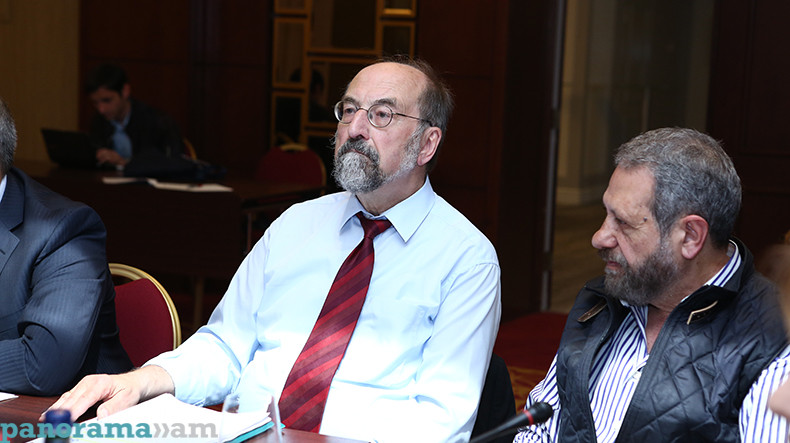
Armenian law on “Freedom of Information” has numerous flaws, German expert says
“The law on “Freedom of Information” will undergo certain amendments,” Suren Krmoyan, Deputy Justice Minister of Armenia, noted at a round-table discussion on the draft law on May 25.
He noted that a project on establishing a competent body is under discussion for the implementation of the new law on “Freedom of Information”. “We have plans to establish such a council adjunct to the Human Rights Defender’s Office of Armenia. Creating a new state structure is not an end in itself. In case its establishment is not found appropriate during the discussions, the powers and responsibilities of the body will be attributed to the Ombudsman’s Office and other judicial bodies,” he detailed.
In an interview with the reporters, Mr. Krmoyan informed that for over two years the Ministry of Justice, in cooperation with the civil society, is working to improve the legislation regarding the sphere of the freedom of information.
“Our main objective is to ensure the person’s right to receive information as prescribed by the RA Constitution and use the freedom of information as a tool to establish effective public administration system. This will also be used as an anti-corruption tool, since the more transparent the state bodies and the local self-governments are, the lower the corruption risks are. We have mainly targeted those unsettled relations that emerged when adopting the previous law,” the official noted.
Mr. Krmoyan informed that the draft law envisages the idea on the common information electronic platform, which will allow citizens and organizations to submit requests to all the state bodies via the platform and receive information. Moreover, they have attempted to settle all those problems related to the online requests which, for instance, emerge from the paid information.
“The free provision of information has been set as a general principle, except the cases envisaged by the law. Payments can be demanded only for preparing and delivering large-scale information,” the deputy minister added.
According to Professor Dr. Otto Luchterhandt, expert of German Society for International Cooperation (GIZ) that organized the round-table discussion, the Armenian law on “Freedom of Information” adopted in 2003 has numerous flaws and needs to be improved in technical terms.
“Starting from the very beginning a reference should be made to Article 51 of the RA Constitution which is related to the freedom of information. Article 51 of the RA Constitution amended in 2015 provides in detail regulations on citizens’ accessibility to official information, i.e. the information that the state bodies and local governments possess,” he said.
According to the German expert, the state officials have always sought to conceal the information from the common citizens, since gaining information also means gaining power.
“The country must act out of the citizens’ interests and this law ensures that the state provides the information required by a citizen. However, on the other hand, that freedom is subject to certain restrictions, which finds a reflection in this law. When speaking about this fundamental right to the freedom of information, we must also take into account the fact that this can also lead to conflict of interests between the country and the citizens, for instance regarding the state and copyright secrets. And finally there is the issues of the confidentiality of personal data, which must be ensured,” Otto Luchterhandt detailed.
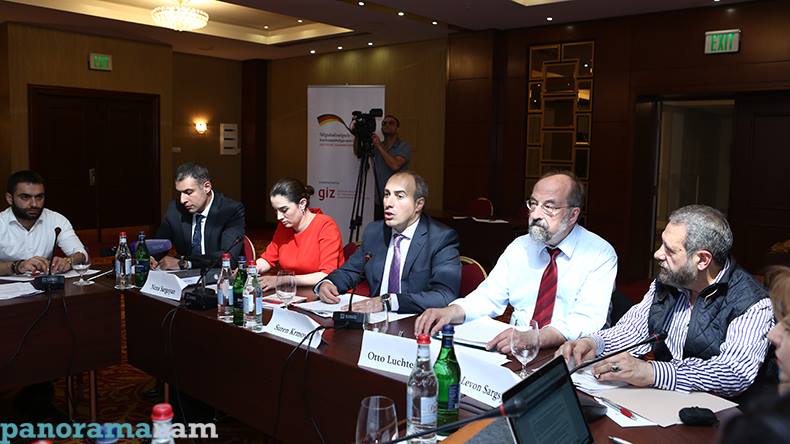
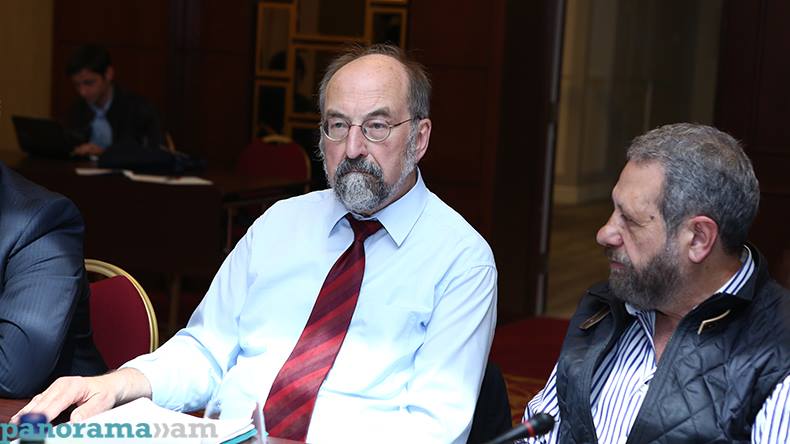
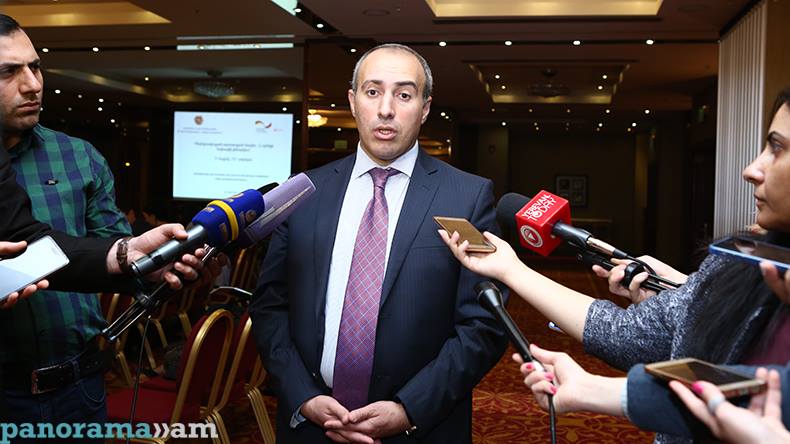
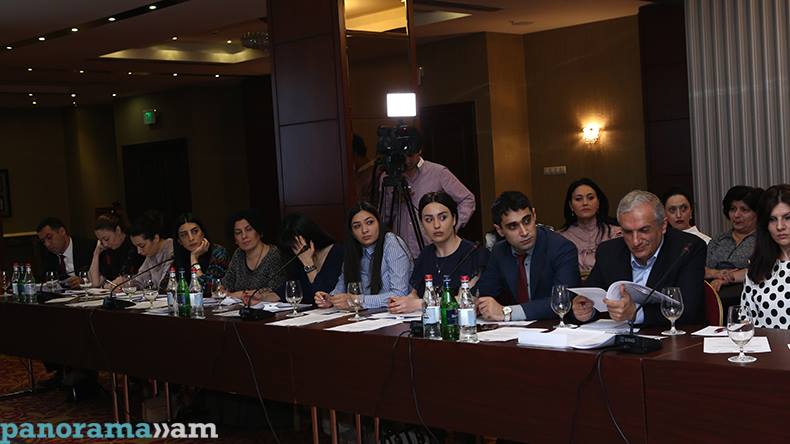

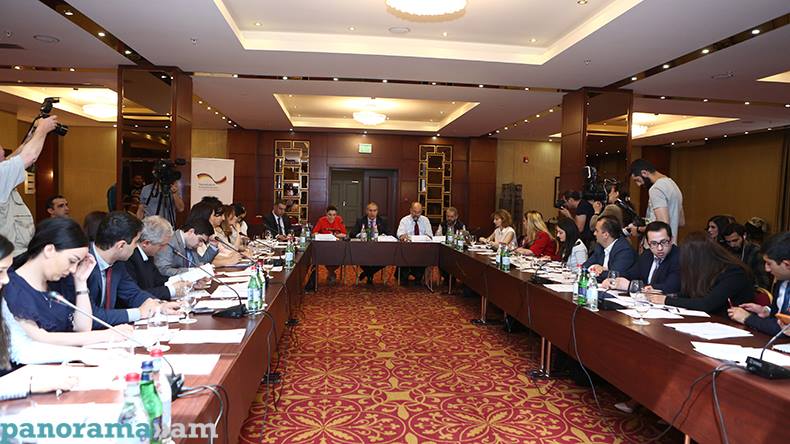
Newsfeed
Videos






























